This is the first in a series of articles on timeless wisdom gained on a path of healing.
For those who have read Brave New Medicine, you know my decades-long healing journey was hardly an isolated one. I was supported by a steadfast husband, 2 spirited children, a community of family and friends, as well as mentors who imparted their wisdom, hearts, and service. In fact, my husband, children, family, and friends can also be included within the larger umbrella of mentors. Over the coming months, I hope to share with you some pearls I received from them. During these times of change and uncertainty, I’ve found their wisdom and love to be enduring and unwavering.
I say mentor with great specificity. A mentor is a teacher—someone who provides instruction in concepts, values, and information. But beyond the teacher role, a mentor serves as a personal guide. The word mentor comes from the Indo-European root men-, mon-, meaning “to think.” Often, this “thinking” traverses the analytical and logical realms into a deeper awareness derived from lived experience.
Different Flavors of Mentorship
My relationships to mentors have come in different flavors. Some have been ongoing, with regular in-person visits or walks or phone conversations—even daily. Some have had few direct exchanges, yet the guidance continues through books, recorded teachings, and energy. By energy, I mean this person remains an active force in my daily life, as though we’re having exchanges beyond presence and without words. Their thoughts and actions subtly but powerfully shape mine. More important than what to do in the world, they teach me how to be.
I often think of a mentor as an airplane that’s further up the same flight path, encouraging us to stay the course, supporting us through turbulent times, and showing us that the course is indeed flyable—to say nothing of reminding us to pause and notice the breathtaking views.
Some of my mentors are scientists and doctors. Some are environmentalists. Some are healers from various traditions, like the first mentor I’d like to introduce: Yeshi Neumann, midwife and teacher.
A mentor is like an airplane that’s further up the same flight path, encouraging us to stay the course, supporting us through turbulent times, and showing us that the course is indeed flyable.
An Elder Arrives
A few months before my second child was due, Yeshi came to my house for an initial session. Being a doctor trained in Western medicine, I didn’t know anything about midwives and their work. My husband had suggested I call Yeshi, based on a recommendation from trusted friends, because this pregnancy had been challenging. My autoimmune health conditions had left me bed-bound for the first 6 months, and I feared I wouldn’t have the physical stamina or mental focus to deliver this babe into the world.
In stark contrast, Yeshi emanated an aura of calm and knowing. Even the steps she took across our living room were conscious and methodical. Over a cup of tea, we spoke of my fears and hopes for the rest of this pregnancy, as well as the birthing process. Then she asked me to think back to the delivery of my first child a couple of years earlier. “When did you hit your wall?” she asked. “In other words, what was the moment you thought you couldn’t go on?”
I remembered it clear as day. I was sitting by the toilet in the bathroom of a hospital room, vomiting, groggy from the anti-nausea medications, and the contractions were so strong and so close together that I wanted everything to disappear or go numb.
The Spaces in Between
She responded with something that blew my mind. In her forty years of midwifery, she said, most often when a woman hit her wall, it wasn’t from the pain itself. The contractions were, of course, very intense, but they came… and they went.
The spaces between the contractions, she continued, were often overlooked. They were precious moments of peace, whether they lasted several minutes or thirty seconds. If those moments weren’t harnessed by having a presence of mind—if they filled up with anguish from the last contraction or worry for the next one—the pain could feel continuous. Then it would feel like ten or twenty or thirty hours of contractions, and no one could tolerate that.
Suddenly, I saw her point. It reminded me of the Japanese concept of ma I had learned about in college. Ma, which meant “gap” or “pause,” is the negative space in buildings, like the openings under doorways and within fireplaces, or the spaces outlining the contents of a room. So if a space feels cluttered, it’s not because of an excess of things, per se, but a deficiency of ma. Ma isn’t an actual “thing.” It’s created by one’s consciousness. I realized I could apply this practice to my health challenges.
And now, this practice has helped me ride out the surges of global pain during these pandemic times.
How might we as individuals and communities better harness these moments in-between?
A 15-Minute Nightly Practice
Make a commitment to try this every night for 30 days. Most people do this just before going to sleep, when the house is quiet. Find a space where you will not be interrupted.
1. Review your day as if you were watching a video in reverse: start from the present moment and rewind the events backwards in as much detail as you can, recalling the events you experienced and the people you encountered, holding in mind the question, What surprised me today?
2. Once you find an answer to your question, stop your review and write it down. It’s not necessary to write a lot. Nor is it important to find the most surprising element to your day. Just write down the first thing you encounter in your retrospective review.
*If you’ve reviewed your whole day backward and find that nothing surprised you, write that down: “nothing.” This is common in the beginning. The most important thing is to write something down.
3. Start again at the present time and review your day backward for a second time, answering, What touched my heart today?
As soon as you come to an answer, stop and write it down.
4. Repeat the process for the 3rd and last question, What grabbed me in my gut today?
As soon as you find an answer to this question, stop your review and write it down.
You’re done for the first day!
After you keep this journal for a while, you may discover things that surprised (mind), touched (heart), and gripped you (body) that you didn’t notice before. Eventually, you may become aware that many things surprise, touch, and grab you—the spaces in between—as they are happening in real time. Pay attention to any changes you experience in your attitude toward your work, your community, and yourself. Note also any changes in response others have toward you.
For those of you looking for mentors in your life, you may find them dwelling in that in-between space–awaiting your notice and readiness.
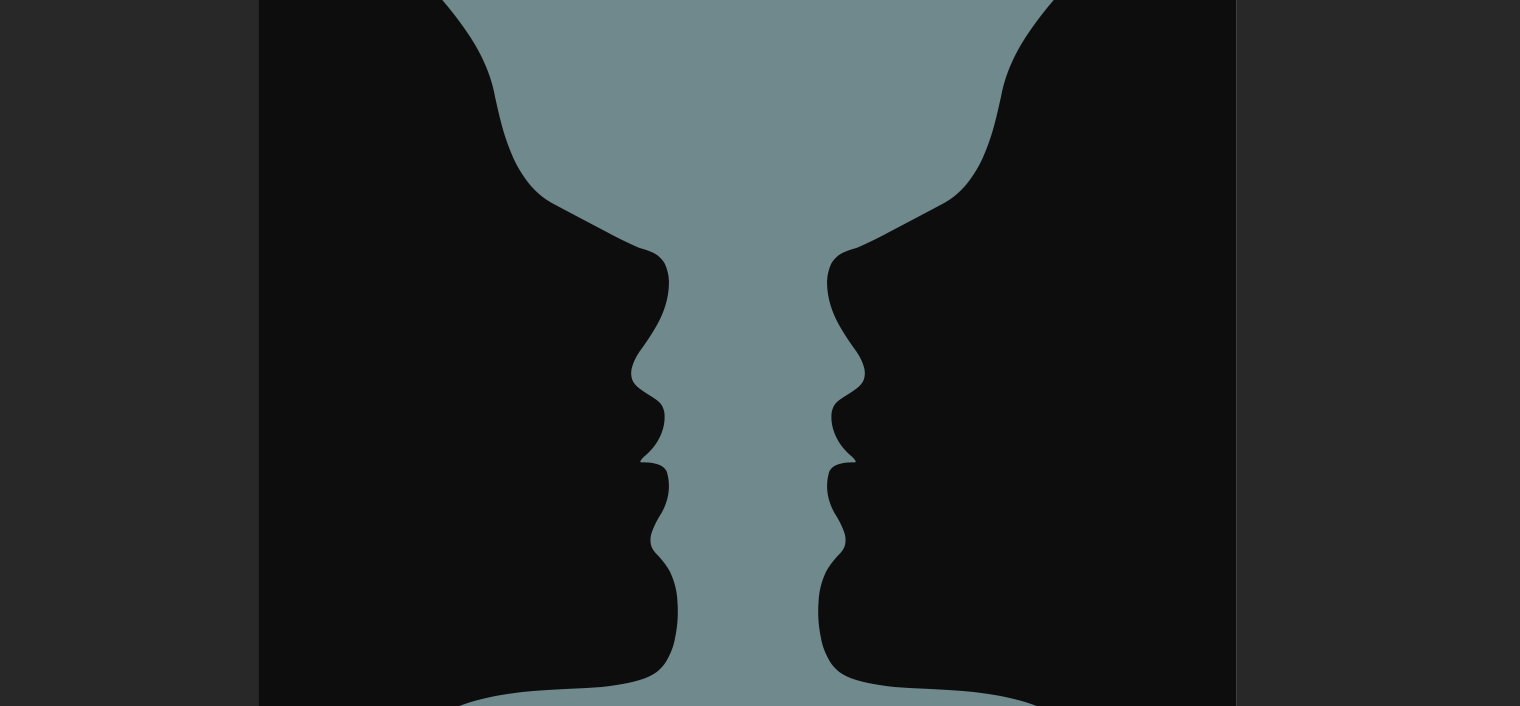
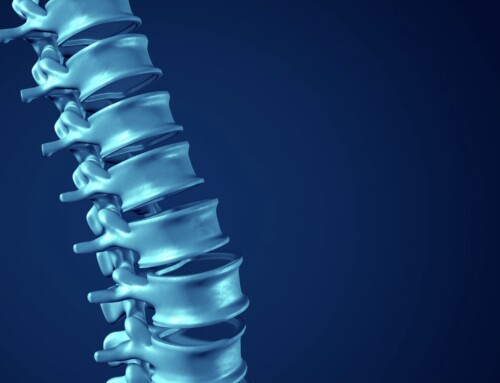
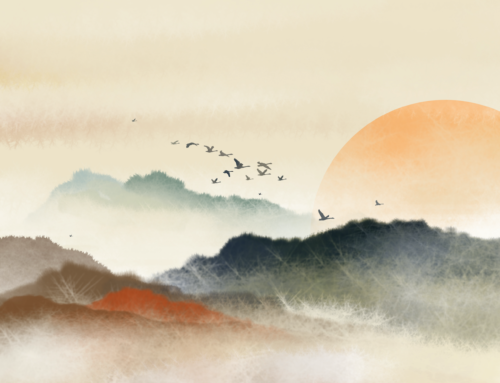
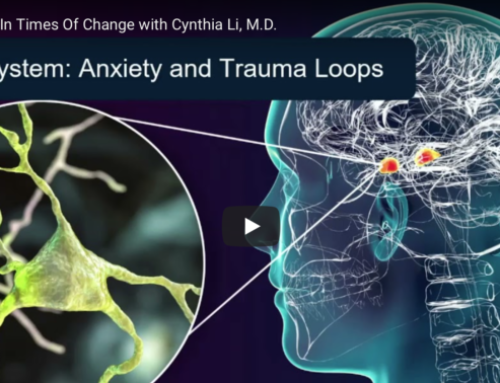
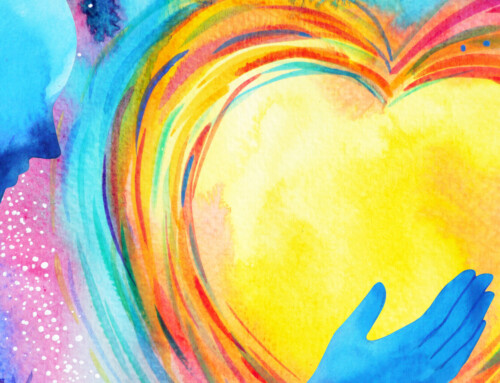
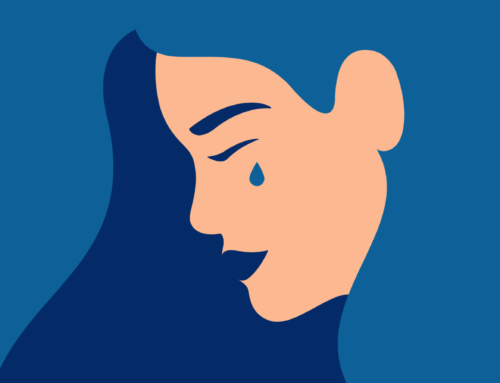
Thank you so much for sharing this valuable wisdom , Dr Li.
Stay well!
Karin
I am a Bay Area native (Walnut Creek) and just recently finished your amazing book. I, too, suffered a miserable bout of mono when I was 13 and am just now connecting the dots with the help of a naturopath. Thank you for your wonderful work and sharing your story and gifts.
You’re so welcome!